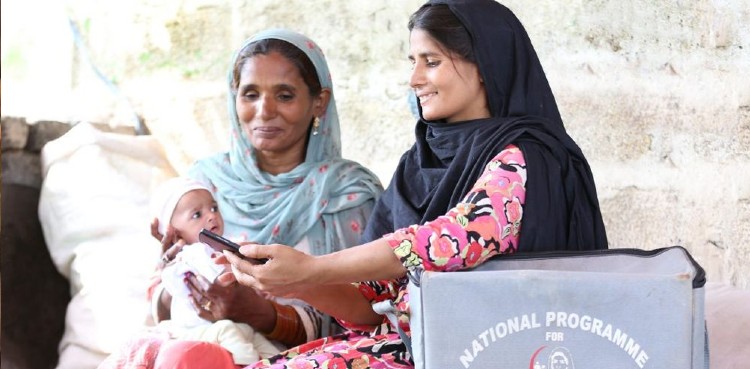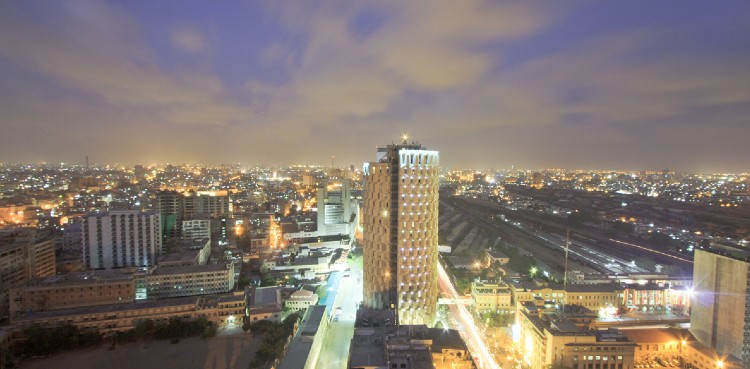Turkish President Recep Tayyip Erdogan paid homage to his executed Islamic predecessor on Saturday in a last-gasp attempt to rally his conservative base on the eve of a historic runoff election.
Erdogan’s visit to Istanbul’s Adnan Menderes mausoleum took him back to the man he cited when he called early polls for May 14 in a bid to ease his way to an unprecedented third decade of rule.
Menderes was tried and hanged one year after the military staged a coup in 1960 to put Turkey back on a more secular course.
Erdogan survived a putsch attempt against his own Islamic-rooted government in 2016.
“The era of coups and juntas is over,” the 69-year-old declared after laying a wreath at his mentor’s tomb.
“I once again call on you to go to the ballot boxes. Tomorrow is a special day for us all.”
Erdogan told his followers in January that he wanted to continue Menderes’s fight for religious rights and nationalist causes in the officially secular but overwhelmingly Muslim republic of 85 million people.
He paid a similarly symbolic visit to Istanbul’s iconic Hagia Sophia mosque on the eve of the first round.
His conversion of the ancient seat of eastern Christianity into a mosque in 2020 cemented his hero status among poorer and more rural voters who have helped keep him in power since 2003.
Erdogan ended up beating secular opposition leader Kemal Kilicdaroglu by nearly five percentage points two weeks ago.
But his failure to top the 50-percent threshold set up Turkey’s first runoff Sunday and underscored the gradual ebbing of Erdogan’s support.
‘They are afraid’
Kilicdaroglu has focused on more immediate issues as he tries to come from behind and return power to the secular party that ruled Turkey for most of the 20th century.
He used a late-night TV interview on Friday to accuse Erdogan’s government of unfairly blocking his mass text messages to voters.
“They are afraid of us,” the 74-year-old former civil servant said.
Observers say Turkey’s votes are free of meddling on election days – but unfair because the odds are stacked against the opposition in advance.
“These were competitive but still limited elections,” the Organization for Security and Cooperation in Europe (OSCE) election observer mission’s chief Michael Georg Link said after the first round.















































